DIY Face Packs For Acne: 15 Easy Kitchen Masks For Oily Skin
DIY face packs you can quickly whip up to soothe the inflammation and discomfort caused by acne.
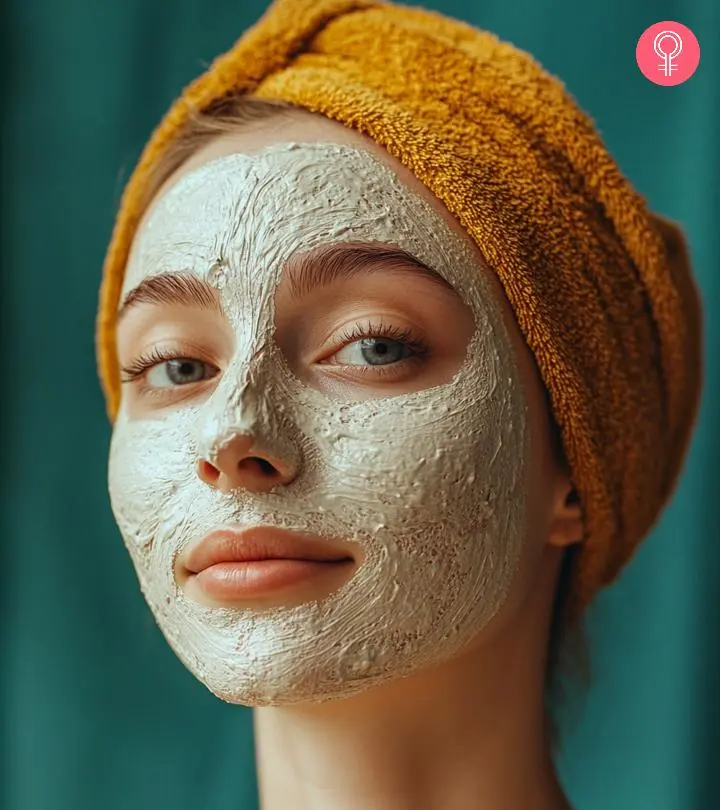
Image: Midjourney/ StyleCraze Design Team
Are you looking for face packs that may help manage acne and dark spots? Well, you have come to the right place. A DIY face pack for acne-prone and oily skin might effectively get rid of this skin issue.
It is difficult to take care of oily skin because you are trying to address numerous concerns at once – abundant sebumi Oily, sticky material produced by the sebaceous glands that moisturizes and defends the skin. , clogged pores, greasiness, whiteheads, blackheads, and breakouts. While you will not be able to eliminate these problems immediately, you can minimize them with the help of a few readily available substances in your kitchen. Yes, the following face packs for acne are not only cost-effective but also incorporate natural ingredients known for their soothing properties. This article has compiled a list of useful face mask recipes for oily and acne-prone skin. Take a look at them.
 Did You Know?
Did You Know?In This Article
What Causes Acne On The Face?
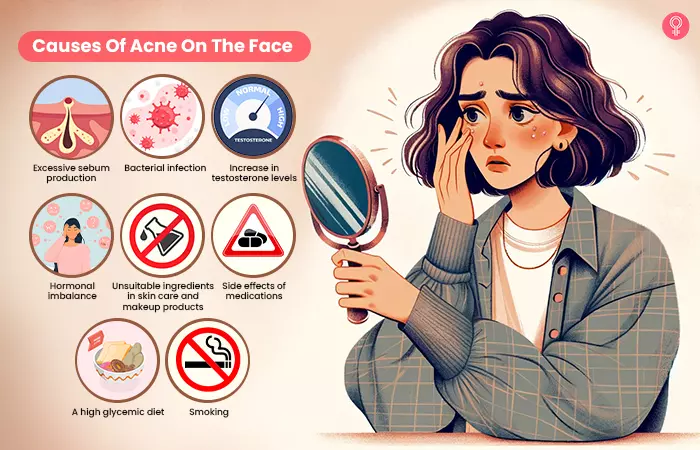
Acne vulgaris is a common skin condition that affects approximately 50 million people in the US annually (1). It is a result of clogged hair follicles and pores on the skin. The following factors may contribute to it (2):
- Excessive sebum production
- Bacterial infection
- Increase in testosterone levels
- Hormonal imbalance in women during menstruation, pregnancy, or conditions such as polycystic ovary syndrome (PCOS)
- Unsuitable ingredients in skin care and makeup products
- Side effects of medications
- A high glycemic diet
- Smoking
While severe cases of acne require medical treatment, you may use some nourishing DIY face masks to promote healthy healing of your skin on your own. The following section provides some of them.
Key Takeaways
- Simple kitchen ingredients like honey, turmeric, and aloe vera can help reduce acne.
- Yogurt and cinnamon possess antibacterial properties that can help fight off acne.
- Using the charcoal and aloe vera face pack can remove excess sebum and manage acne.
- Regular use of organic face packs can help improve skin texture and make it glow.
Best Face Packs And Masks For Oily And Acne-Prone Skin
1. Honey And Lemon Juice
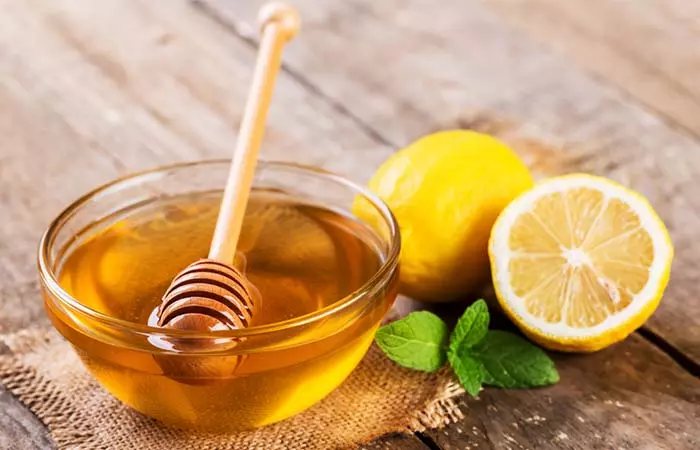
Honey has antimicrobial properties. So, using face packs with honey regularly may help minimize acne (3). Lemon has an astringent effect on your skin which might aid in reducing redness caused by acne spots (4).
You Will Need
- 1 tablespoon of honey
- ½ teaspoon of diluted lemon juice
Method
- Mix both ingredients in a small bowl.
- Spread the mixture all over the face, focusing on the problem areas.
- Leave it on for 15 minutes
- Wash off and pat your skin dry.
- Repeat 2-3 times a week.
Caution:
Always use diluted lemon juice on the skin and apply sunscreen after using this pack as lemon juice makes your skin photosensitivei A condition where the skin becomes extremely sensitive to sunlight or other UV light sources and is at risk of burning quickly. .
Irene, a skincare blogger, enthusiastically shares how a lemon and honey mask improved her skin. She writes, “Skin immediately feels smooth and radiates after the rinse off… This facial mask is perfect for dealing with acne flare-ups. Use it twice or 3 times a week will be sufficient (i).”
2. Aloe Vera And Turmeric Face Pack
Both aloe vera and turmeric have anti-inflammatory effects, and both help in reducing acne and keeping the skin healthy (5), (6).
You Will Need
- 1 tablespoon of fresh aloe vera pulp
- ½ teaspoon of turmeric
Method
- Blend the aloe vera pulp in a blender.
- Pour it in a bowl and mix it with turmeric.
- Apply the face pack and leave it on for 15-20 minutes.
- Wash it off and pat your skin dry.
- Repeat 2-3 times a week.
3. Fuller’s Earth (Multani Mitti) And Rose Water Face Pack
Fuller’s earth is widely known for its oil-absorbing and skin-brightening properties and has an anti-inflammatory effect that helps to remove excess dirt and oil (7). This keeps the skin clean and acne-free. Rosewater has a calming effect on the skin.
You Will Need
- 1 tablespoon of Multani mitti
- 1 tablespoon of rose water (adjust the quantity according to your need)
Method
- Mix the Multani mitti and rose water in a bowl.
- Adjust the consistency and spread it all over your face.
- Wait until it dries and then wash off.
- Repeat 2 times a week.
 Did You Know?
Did You Know?4. Turmeric And Honey Face Pack
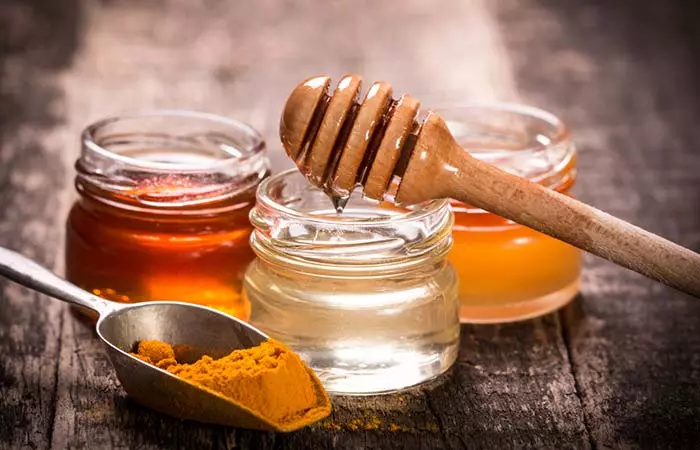
Both turmeric and honey have anti-inflammatory and antimicrobial effects on the skin (8),(9). These ingredients are widely used in Ayurveda for their healing effects.
You Will Need
- 1 tablespoon of organic honey
- ½ teaspoon of turmeric powder
Method
- Mix the honey and turmeric in a bowl to make a paste.
- Apply the paste all over your face or just the problem areas.
- Leave it on for 15-20 minutes and then wash it off.
- Repeat this 3 times a week.
5. Oatmeal And Honey Face Mask
Oatmeal has anti-inflammatory effects, is rich in antioxidantsi Compounds or substances that prevent or lessen the effects of free radicals in the body. , and helps in relieving many dermatological conditions (10). Honey has antimicrobial and skin hydration properties that prevent acne and keep the skin healthy and moisturized (9)
You Will Need
- 1 tablespoon of oats (powdered)
- 2 tablespoons of organic honey
- 1 tablespoon of water, rose water, or milk (for mixing the ingredients)
Method
- Mix the ingredients in a bowl.
- Apply it on your face and neck.
- Leave it for 15-20 minutes.
- Wash it off with warm water.
- Repeat 2-3 times a week.
6. Yogurt And Fuller’s Earth (Multani Mitti) Face Pack
Yogurt contains lactic acidi A substance created from sugars in milk by specific enzymes that causes milk to ferment and become thicker and more acidic. that helps in skin texture improvement (11). Both ingredients help to keep the skin clean and healthy.
You Will Need
- 1 tablespoon of Fuller’s earth
- 2 tablespoons of yogurt
Method
- Mix the ingredients in a bowl.
- Adjust the quantities (if required) until you get a paste-like consistency
- Apply it on your face or the problem areas. Let it dry
- Wash it off.
- Repeat 2 times a week.
7. Cinnamon And Honey Face Mask
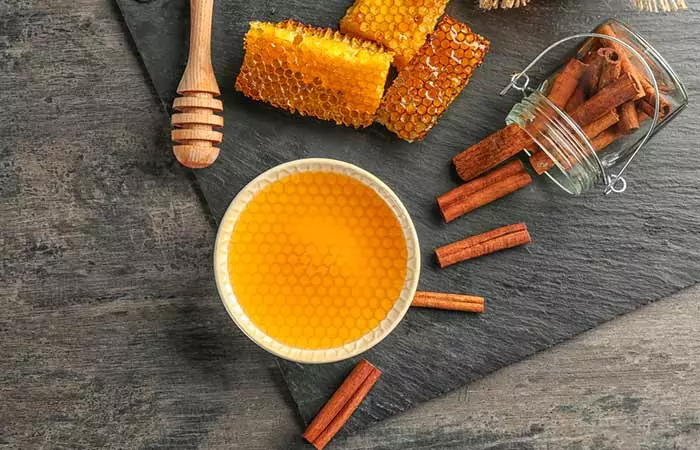
Cinnamon (both oil and other extracts) has antibacterial compounds and is effective on Staphylococcus aureus, the acne-causing bacteria (12). Together with honey, it helps to keep the skin clear and reduce inflammation.
You Will Need
- 1 teaspoon of honey
- A pinch of cinnamon powder or 1 drop of cinnamon oil
Method
- Mix both the ingredients.
- Apply it as a spot treatment for acne and pimples.
- Let it stay for 5-10 minutes.
- Wash it off.
- Repeat once a day until the pimples are gone.
Caution:
Cinnamon might cause skin irritation and redness. Do not use it if you have sensitive skin or if you feel discomfort.
8. Tea Tree Oil And Clay Face Mask
Tea tree oil is known for its antimicrobial and anti-inflammatory properties (13). A 4-week study on 75 adults with oily or combination skin showed that using a clay mask twice weekly significantly improved acne, sebum control, hydration, and skin texture (14). Therefore, this mask can help control excess sebum production and reduce acne.
You Will Need
- 1-2 tablespoons of clay (Multani mitti, Bentonite clay, or any other clay)
- 2-3 drops of tea tree oil
- 2-3 tablespoons of water or rose water (for mixing purpose)
Method
- Mix the clay and water or rosewater in a bowl. Adjust the consistency as per your convenience.
- Add the tea tree oil to the paste and mix well.
- Apply the mixture on your face or just the problem areas. Let it dry.
- Wash it off.
- Repeat 2-3 times a week.
9. Witch Hazel And Clay Mask
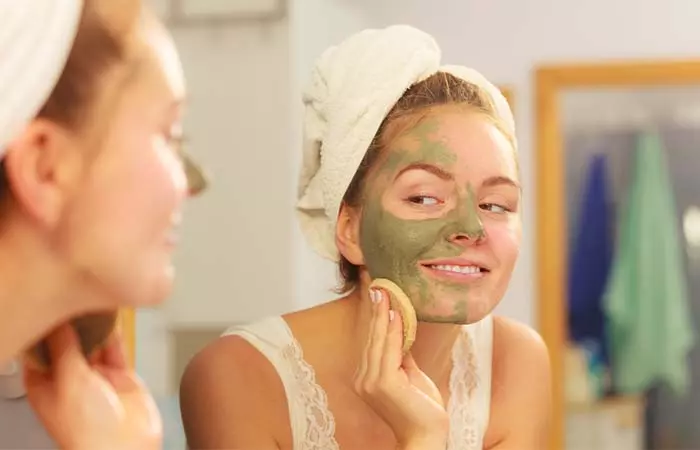
Witch hazel has astringent properties and exhibits anti-inflammatory and antibacterial effects (15). This face mask for oily skin helps to keep your skin clean and reduce oiliness and acne.
You Will Need
- 1-2 tablespoons of clay (use any clay of your choice)
- 1 tablespoon of witch hazel
- 1 tablespoon of water or rosewater
Method
- Mix the clay with witch hazel and add water or rosewater until you get a paste-like consistency.
- Spread it all over your face and leave it to dry.
- Wash off once it dries.
- Repeat 2-3 times a week.
10. Egg White, Lemon, And Tea Tree Oil Face Mask
Tea tree oil has antibacterial effects and helps to reduce acne (16). Egg whites have a tightening effect that may aid skin firming (17).Proponents of this face mask claim that applying egg white and lemon on the face can help remove excess oil.
You Will Need
- 1 egg white
- ½ teaspoon of diluted lemon juice
- 2 drops of tea tree oil
Method
- Mix all the ingredients thoroughly.
- Using a brush, apply a thin layer on your face.
- Let it dry.
- Wash it off with warm water.
- Repeat this 2 times a week.
11. Gram Flour And Yogurt Face Mask
Gram flour helps to reduce oiliness and pimples (18). Along with yogurt, it can brighten the skin tone and aid in skin rejuvenation.
You Will Need
- 1-2 tablespoons of gram flour or besan
- 1-2 tablespoons of yogurt
Method
- Mix the gram flour with yogurt in a bowl.
- Once you get a smooth paste, apply it all over your face.
- Let it dry and then wash it off.
- Repeat 2-3 times a day.
12. Bentonite Clay And Apple Cider Vinegar Face Mask
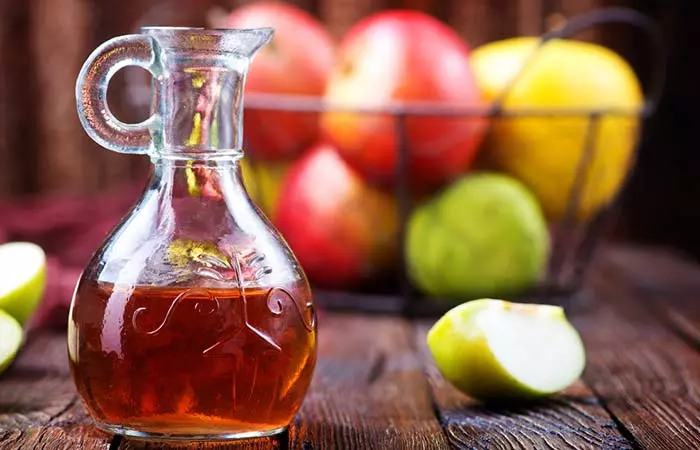
Bentonite clay is often used as a part of traditional remedies. It has a detoxifying effect and protects the skin from damage (19). ACV is said to have an astringent effect on the skin and helps to kill acne-causing bacteria (20).
You Will Need
- 1-2 tablespoons of Bentonite clay
- 1-2 tablespoon of apple cider vinegar
- 1 tablespoon water (optional)
Method
- Mix the clay with ACV and make a smooth paste.
- Mix water if the consistency is not smooth.
- Spread the pack evenly on the face.
- Let it dry and then wash off.
- Repeat 2-3 times a week.
13. Garlic And Honey Face Pack
Although the effect of topical garlic is not studied much, its antioxidant properties can help prevent a lot of skin issues (21). Together with honey, it can help prevent acne-causing bacteria, keep the skin clear, and may help with acne scar reduction.
- 1 teaspoon of garlic paste
- 1 teaspoon of honey
Method
- Mix the garlic paste and honey in a bowl.
- Apply it on your face and leave it on for 15 minutes.
- Wash it off.
- Repeat 2-3 times a week.
14. Neem And Turmeric Face Pack
Both neem and turmeric have medicinal properties that aid in skin detox. Neem has antibacterial and antifungal properties and helps to reduce acne (22). Turmeric and neem face packs are ideal for oily skin, as they give you clear, acne-free, and blemish-free skin.
You Will Need
- 1 tablespoon of neem leaves paste
- ½ teaspoon of turmeric powder
- 1 teaspoon of water (if needed)
Method
- Mix all the ingredients and make a paste. You may add water if the paste is too thick.
- Spread the mixture on your face.
- Leave it for 15-20 minutes or until it dries.
- Wash off with water.
- Repeat 3 times a week.
15. Activated Charcoal And Aloe Vera Face Mask
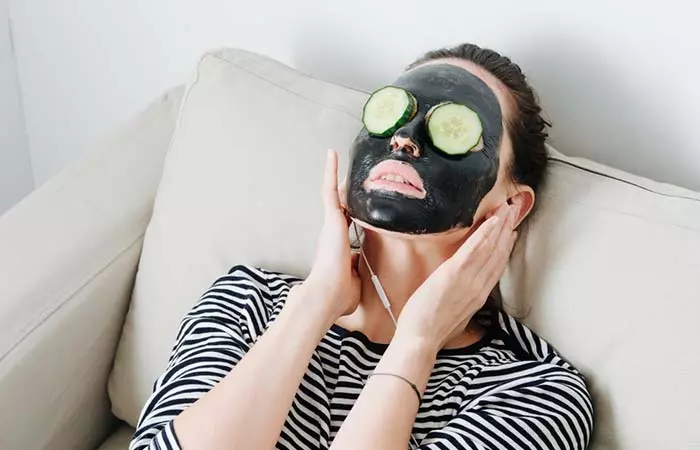
Anecdotal evidence claims that activated charcoal may help remove all the dirt and excess sebum from the skin and leave it squeaky clean. Aloe vera can help improve acne by reducing inflammation, and promoting collagen production that helps with skin healing and maintaining its moisture and integrity (23). This face mask can help you manage excess oil, aid in pore cleansing, and prevent acne.
You Will Need
- 1 teaspoon of activated charcoal
- 1-2 tablespoons of aloe vera gel
Method
- Mix both the ingredients.
- Apply the mixture all over your face.
- Leave it for not more than 10 minutes.
- Wash off.
- Use this once every two weeks. (Regular use of activated charcoal on the face may harm the natural barrier of your skin.
Some of these DIY face packs for acne are supported by scientific studies, while others rely on anecdotal evidence. The effectiveness can vary depending on your skin type and the severity of your acne. It’s important to be aware that results may not be the same for everyone. Keep reading to learn more about using these face packs.
Things To Know Before Using These Face Packs
Before trying any of these DIY face packs for acne, here are a few things to keep in mind for safety and effectiveness:
- Do A Patch Test
Always test the mask before applying it to your face. Apply a little of the mixture on your inner arm or behind your ear, wait for 24 hours, and check for any redness, irritation, or allergic reaction.
- Consider Your Skin Type
Not all ingredients may suits all skin type. Therefore, listen to your skin and see how it reacts before using any natural ingredient. If you have sensitive skin, ingredients like lemon, cinnamon, and apple cider vinegar might be too harsh and can cause redness or irritation. Use them with caution or avoid them entirely. For dry skin, masks containing clay or neem may aggravate dryness. Opt for hydrating ingredients like honey, yogurt, or aloe vera instead. While most of these remedies are suitable for oily skin, overusing them may strip your skin’s natural oils, leading to more sebum production. Stick to the recommended frequency.
- Beware Of Photosensitivity
Ingredients like lemon can make your skin more sensitive to sunlight. It is because lemons contain chemicals, like citric acid, that make the skin sensitive to sunlight, leading to redness, blisters, and later dark patches (24). Always dilute them properly, wash your skin thoroughly, and use sunscreen after applying these masks.
- Avoid Overuse
Using these remedies too often can harm your skin’s natural barrier. Stick to the recommended usage, typically 2-3 times a week, unless otherwise mentioned.
- Listen To Your Skin
If you experience any discomfort, burning sensation, or worsening of acne, stop using the remedy immediately. What works for one person might not work for another, as everyone’s skin is unique.
By keeping these points in mind, you can safely explore these remedies while minimizing the risk of irritation or adverse effects.
Infographic: Top 5 Anti-Acne Natural Face Packs For Oily Skin
Acne breakouts are a common sight with oily skin. It can be tough to deal with constant flare upsi A term describing the stage when skin is most irritable, intensely itchy, and possibly sore with a burning sensation. and excess oil production on the face. Thankfully, you can utilize some ingredients in your pantry to take control of these issues. Organic ingredients from your kitchen may reduce potential skin breakouts, aid in sebum control, and lighten dark spots on the face to make it glow again. Check out the infographic below to know which DIY face masks are easy to make, from the pantry for efficient skincare.
Check out the infographic below to know which DIY face masks are easy to make, from the pantry, for radiant skin.
Some thing wrong with infographic shortcode. please verify shortcode syntax
DIY face packs for acne are a cost-effective and safe way to care for acne and oily skin issues and support skin healing. These DIY packs and home remedies can be highly effective in managing acne and may also help soothe inflammation and redness associated with cystic acne. While they cannot replace medical treatments available for acne, they may provide temporary relief and benefit the skin in other ways. For the best results, regularly pair the recipes mentioned in this article with a good skincare routine to help manage mild to moderate acne, oily skin, greasiness, excess sebum production, and spots. The ingredients are easily available and are best for skin nourishment for those who prefer natural skin care. However, do a patch test before trying any of the remedies.
Frequently Asked Questions
Can these face packs replace medical treatments for acne?
No, face packs can help improve skin health, but they should not replace medical treatments for acne. If you have persistent or severe acne, it is best to consult a dermatologist for proper treatment.
Can we use an acne face pack daily?
Dr. Anna Chacon, MD, FAAD, a board-certified dermatologist, says, “Applying a face pack every day might hurt your skin rather than improve its appearance and feel. Whatever DIY face mask you select, don’t use it more than once a week.”
Is curd good for acne?
“Curd is an acne treatment due to its high zinc and lactic acid content,” says Dr. Chacon.
What precautions should be taken while applying the face pack?
According to Dr. Chacon, “The face pack should not be applied to the face for more than 15 to 20 minutes. Keeping it for an extended period of time may result in the production of wrinkles, sagging skin, and the growth of open pores.”
Is drinking turmeric milk good for acne?
Both oral and topical use of turmeric helps solve skin care issues. So, drinking turmeric milk may help reduce acne (5).
What kind of toothpaste helps acne?
Toothpaste may not always help solve acne issues. It may dry out the skin and worsen the acne.
Can I apply turmeric on my pimples overnight?
Yes. Turmeric is excellent for pimple prevention. You can apply turmeric to your pimples overnight and wash it off the next morning.
Is ginger good for acne?
The antioxidant and anti-inflammatory properties of ginger may help reduce acne inflammation (25). However, do a patch test before you apply it to the affected area.
Watch this engaging video for an easy DIY acne face mask. Get rid of acne quickly and achieve glowing skin with this simple home remedy.
Personal Experience: Source
StyleCraze's articles are interwoven with authentic personal narratives that provide depth and resonance to our content. Below are the sources of the personal accounts referenced in this article.
i. DIY Anti-Acne Maskhttps://abeautifuldayblog.wordpress.com/2013/03/05/diy-anti-acne-mask/
References
Articles on StyleCraze are backed by verified information from peer-reviewed and academic research papers, reputed organizations, research institutions, and medical associations to ensure accuracy and relevance. Read our editorial policy to learn more.
- Skin Conditions By The Numbers
https://www.aad.org/media/stats-numbers#:~:text=Acne - Acne Causes
https://www.nhs.uk/conditions/acne/causes/#:~:text=%27Acne - Honey: A Therapeutic Agent for Disorders of the Skin
https://www.ncbi.nlm.nih.gov/pmc/articles/PMC5661189/ - Citrus Essential Oils in Aromatherapy: Therapeutic Effects and Mechanisms
https://pmc.ncbi.nlm.nih.gov/articles/PMC9774566/ - Effects of Turmeric (Curcuma longa) on Skin Health: A Systematic Review of the Clinical Evidence
https://pubmed.ncbi.nlm.nih.gov/27213821/ - Aloe Vera: A Short Review
https://www.ncbi.nlm.nih.gov/pmc/articles/PMC2763764/ - Preparation of Cost Effective Natural Face Pack for Skin Whitening by Using Natural Ingredients
http://article.scholarena.com/Preparation-of-Cost-Effective-Natural-Face-Pack-for-Skin-Whitening-by-Using-Natural-Ingredients.pdf - Turmeric the Golden Spice- From Traditional Medicine to Modern Medicine
https://www.ncbi.nlm.nih.gov/books/NBK92752/ - Honey and Health: A Review of Recent Clinical Research
https://www.ncbi.nlm.nih.gov/pmc/articles/PMC5424551//// - Oatmeal in dermatology: a brief review
https://pubmed.ncbi.nlm.nih.gov/22421643/ - Epidermal and dermal effects of topical lactic acid
https://pubmed.ncbi.nlm.nih.gov/8784274/ - Cinnamon: A multifaceted medicinal plant
https://www.ncbi.nlm.nih.gov/pmc/articles/PMC4003790/ - A review of applications of tea tree oil in dermatology
https://pubmed.ncbi.nlm.nih.gov/22998411/ - Comprehensive assessment of the efficacy and safety of a clay mask in oily and acne skin
https://pmc.ncbi.nlm.nih.gov/articles/PMC10626287/ - Antioxidant and potential anti-inflammatory activity of extracts and formulations of white tea, rose, and witch hazel on primary human dermal fibroblast cells
https://www.ncbi.nlm.nih.gov/pmc/articles/PMC3214789/ - Melaleuca alternifolia (Tea Tree) Oil: a Review of Antimicrobial and Other Medicinal Properties
https://www.ncbi.nlm.nih.gov/pmc/articles/PMC1360273/ - Reduction of facial wrinkles by hydrolyzed water-soluble egg membrane associated with reduction of free radical stress and support of matrix production by dermal fibroblasts
https://pmc.ncbi.nlm.nih.gov/articles/PMC5072512/ - In-house preparation and standardization of herbal face pack
https://www.researchgate.net/publication/320900643_In-House_Preparation_and_Standardization_of_Herbal_Face_Pack - Bentonite Clay as a Natural Remedy: A Brief Review
https://www.ncbi.nlm.nih.gov/pmc/articles/PMC5632318/ - Antimicrobial activity of apple cider vinegar against Escherichia coli, Staphylococcus aureus and Candida albicans; downregulating cytokine and microbial protein expression
https://www.ncbi.nlm.nih.gov/pmc/articles/PMC5788933/ - Garlic in dermatology
https://www.ncbi.nlm.nih.gov/pmc/articles/PMC4211483/ - Therapeutics Role of Azadirachta indica (Neem) and Their Active Constituents in Diseases Prevention and Treatment
https://www.ncbi.nlm.nih.gov/pmc/articles/PMC4791507/ - The effect of aloe vera clinical trials on prevention and healing of skin wound: A systematic review
https://pmc.ncbi.nlm.nih.gov/articles/PMC6330525/ - Phytophotodermatitis from making sangria: a phototoxic reaction to lime and lemon juice
https://pmc.ncbi.nlm.nih.gov/articles/PMC4500699/ - The amazing and mighty ginger
https://www.ncbi.nlm.nih.gov/books/NBK92775/
Read full bio of Dr. Zeel Gandhi
- Dr. Anna Chacon, MD, FAAD, is a double board-certified dermatologist with over 7 years of experience. She has authored many peer-reviewed articles and managed clinical research studies during her fellowship. She completed her medical school in the PLME (Program of Liberal Medical Education) at Brown University.
 Dr. Anna Chacon, MD, FAAD, is a double board-certified dermatologist with over 7 years of experience. She has authored many peer-reviewed articles and managed clinical research studies during her fellowship. She completed her medical school in the PLME (Program of Liberal Medical Education) at Brown University.
Dr. Anna Chacon, MD, FAAD, is a double board-certified dermatologist with over 7 years of experience. She has authored many peer-reviewed articles and managed clinical research studies during her fellowship. She completed her medical school in the PLME (Program of Liberal Medical Education) at Brown University.
Read full bio of Ramona Sinha
Read full bio of Eshna Das
Read full bio of Krati Darak






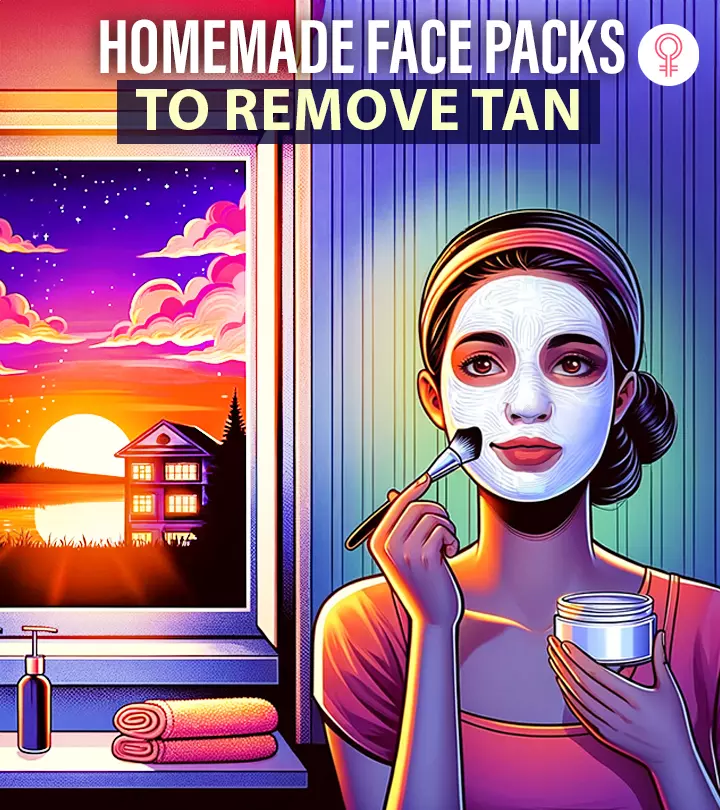
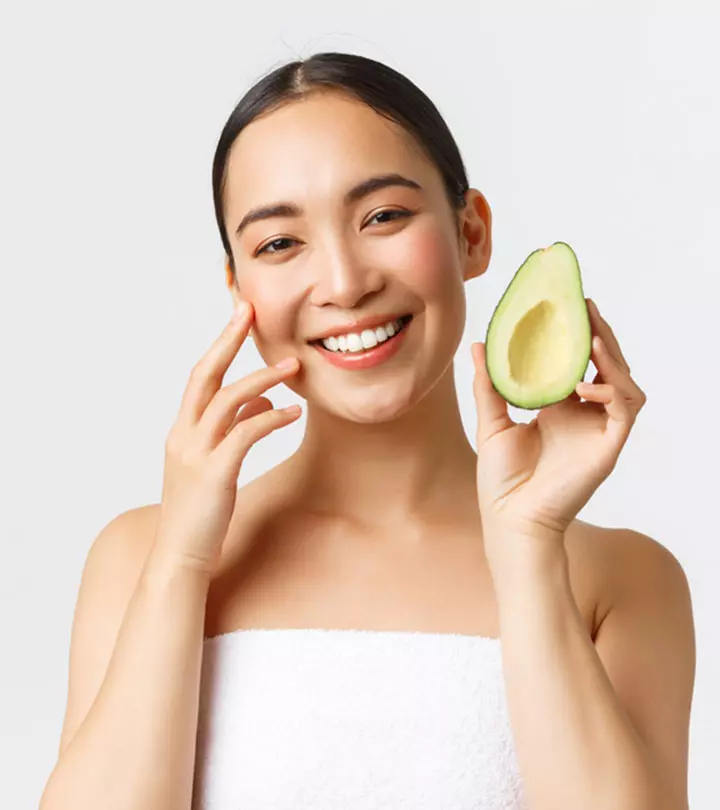
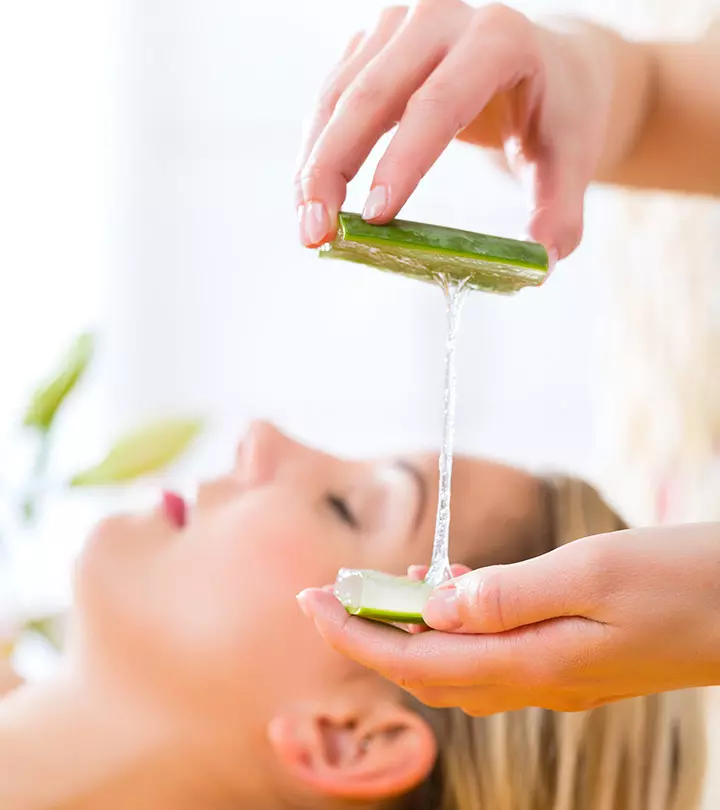
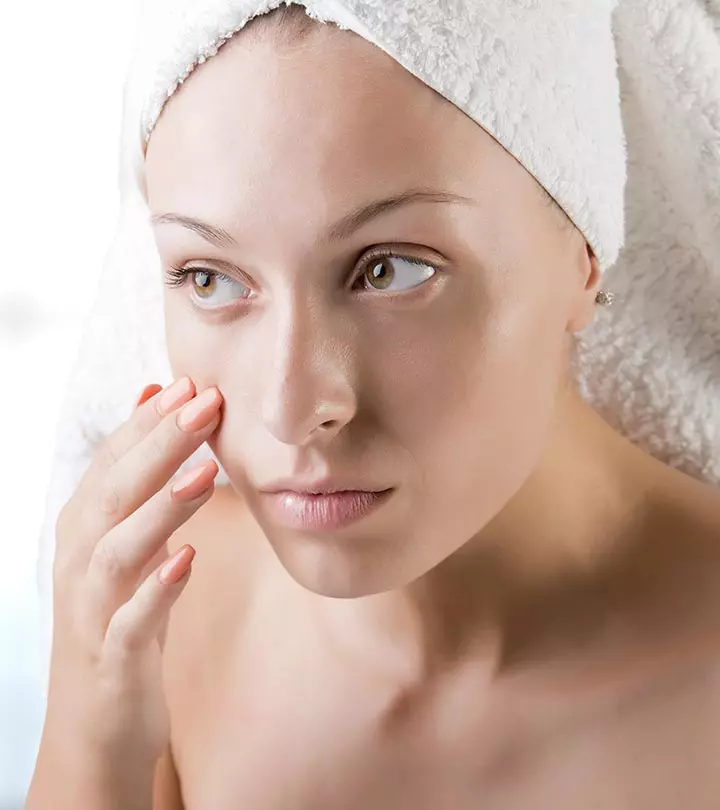
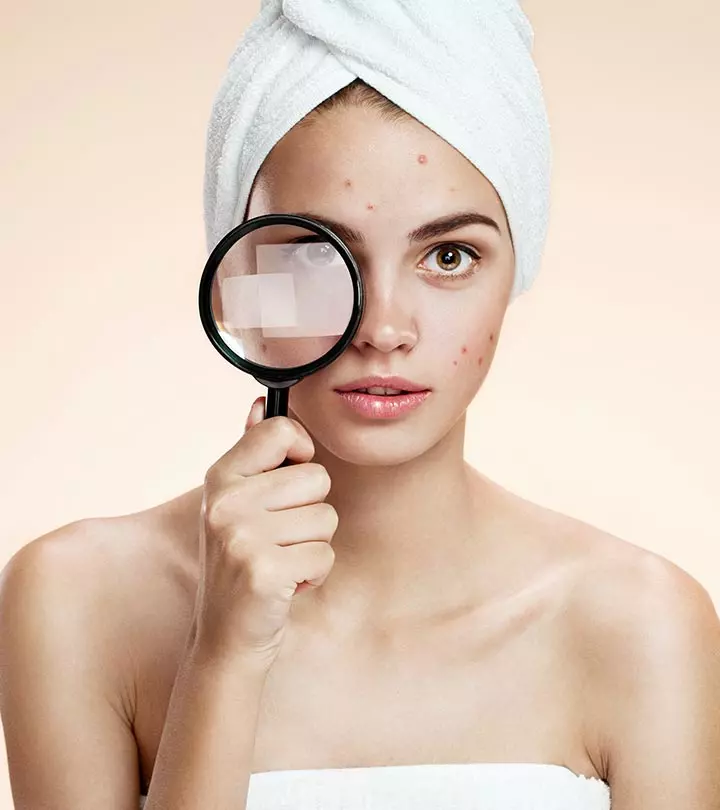
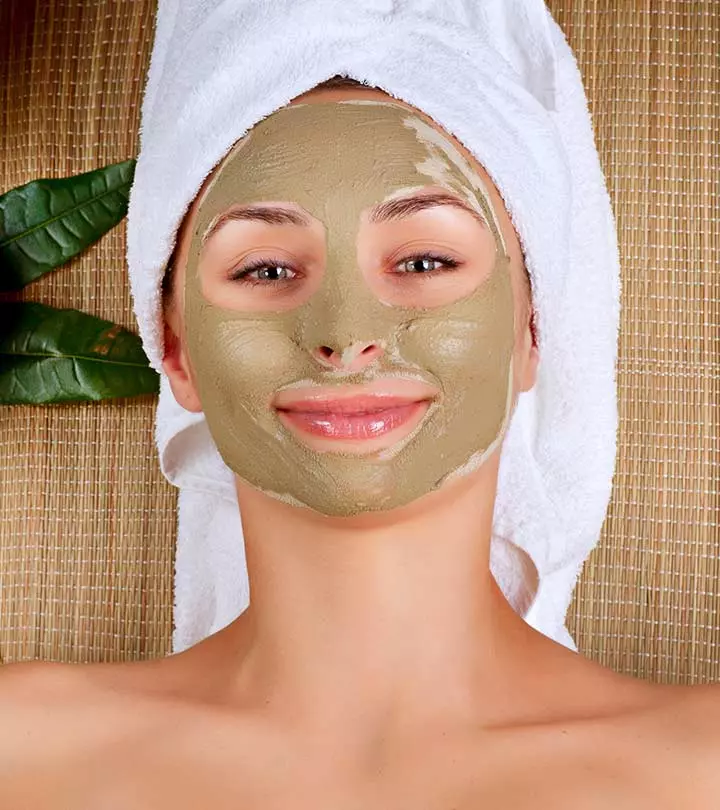
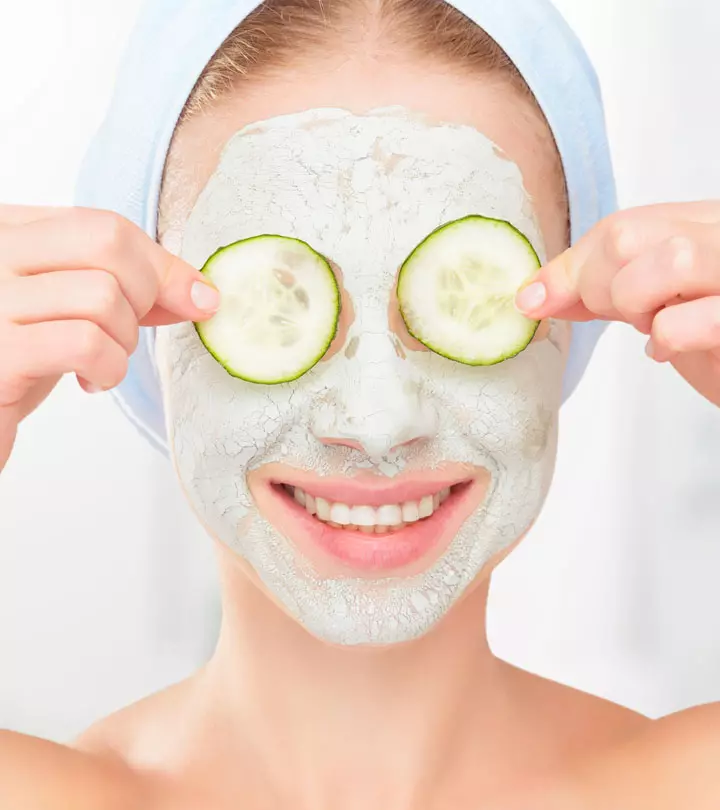
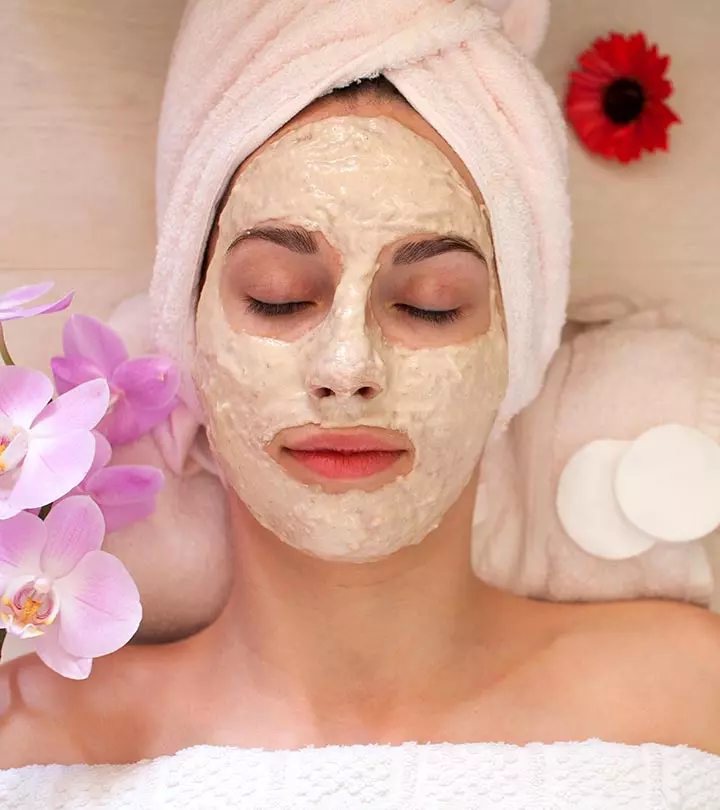
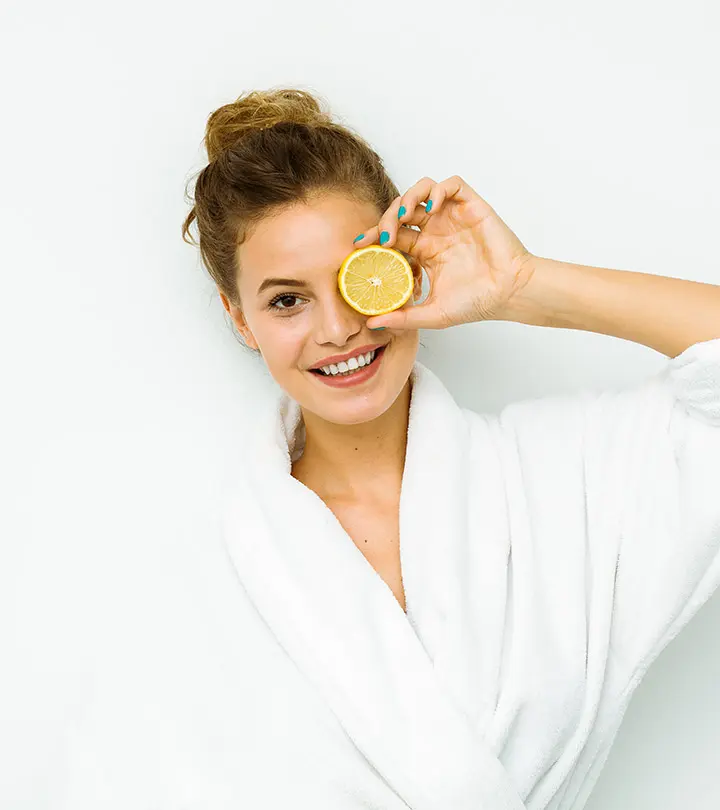
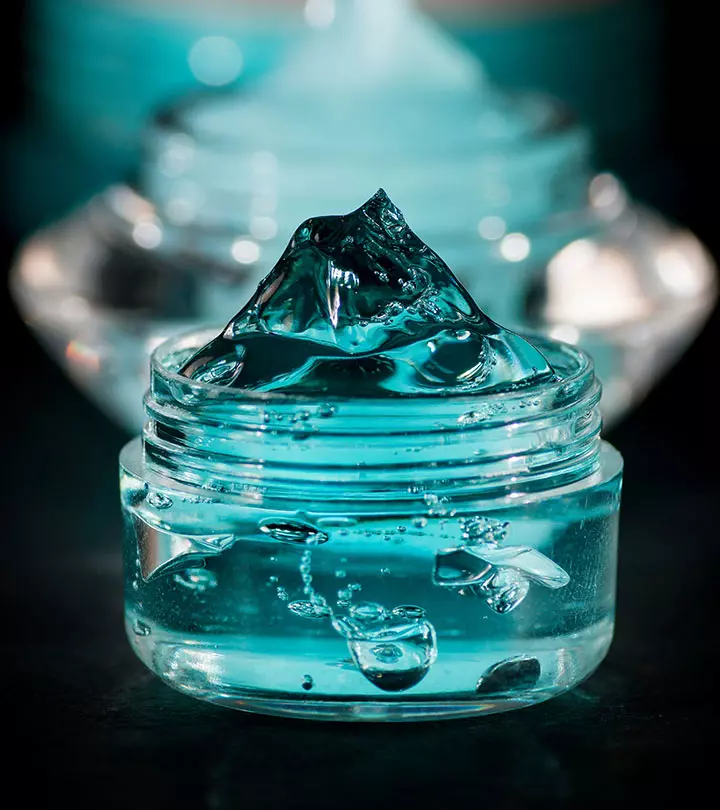

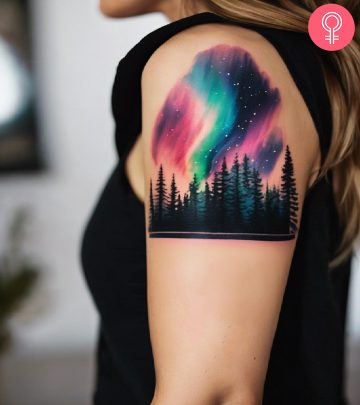

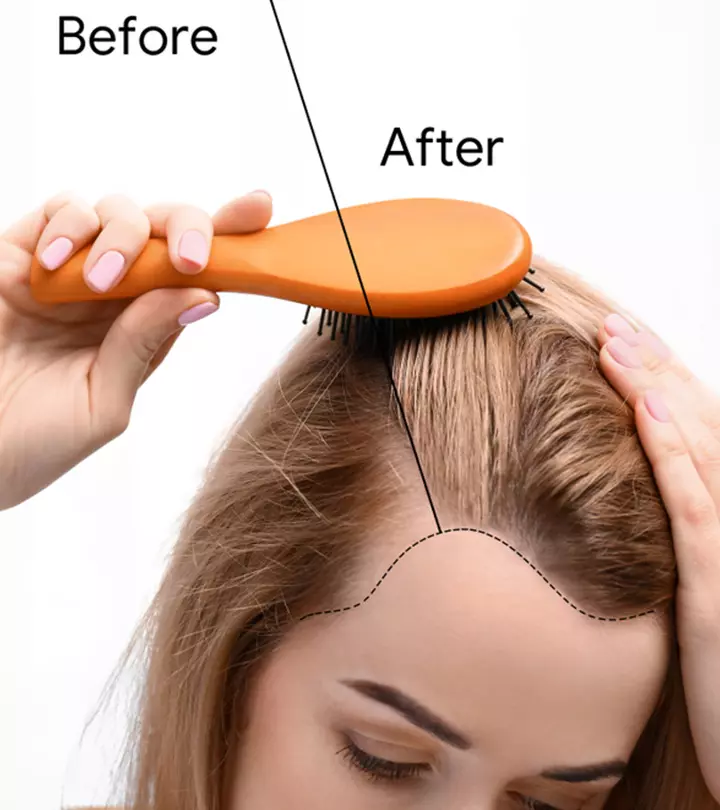
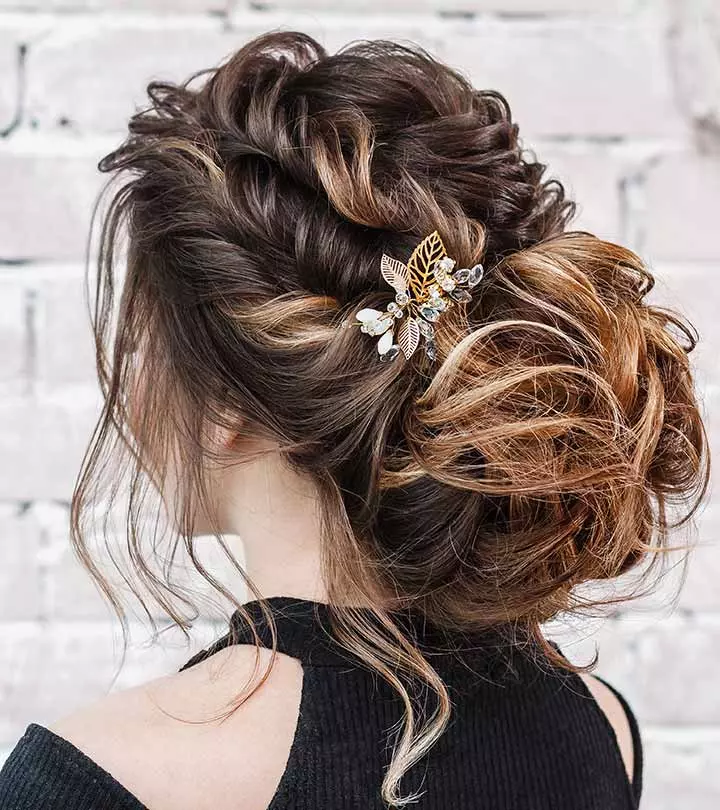


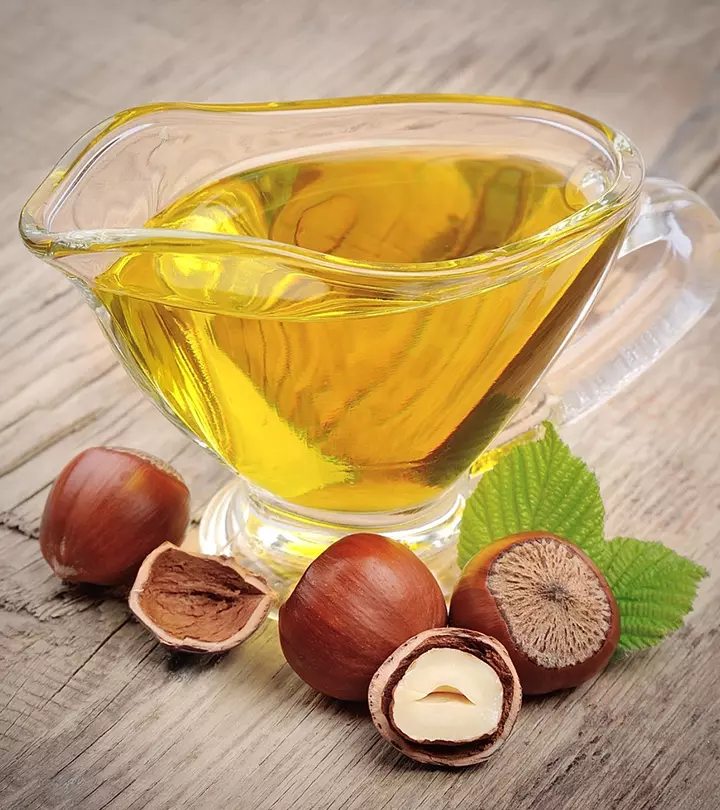
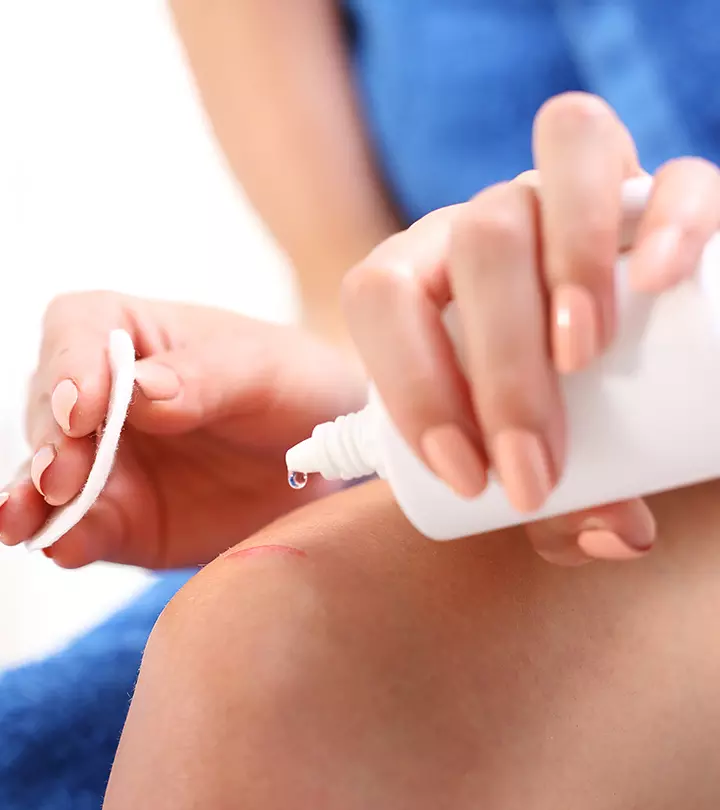
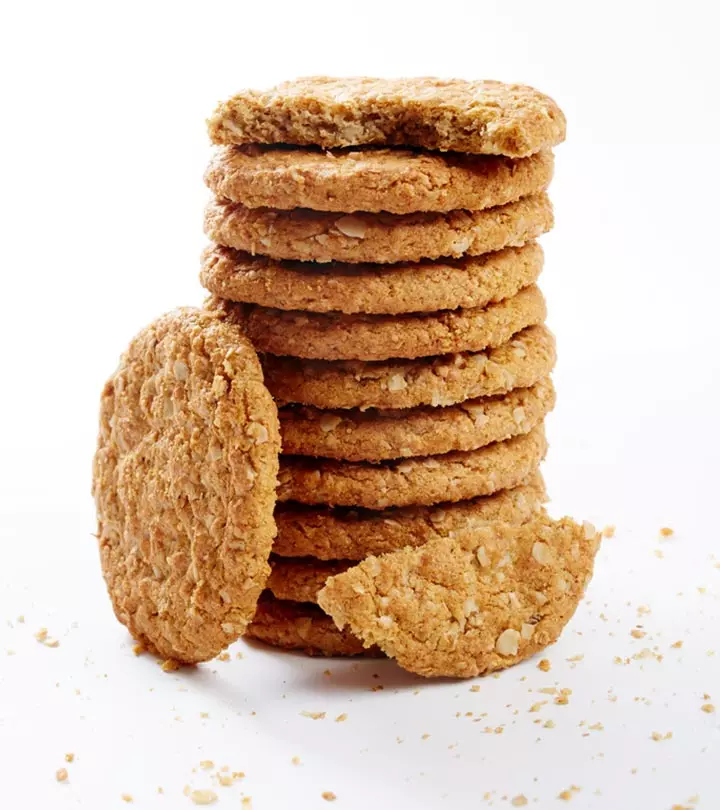
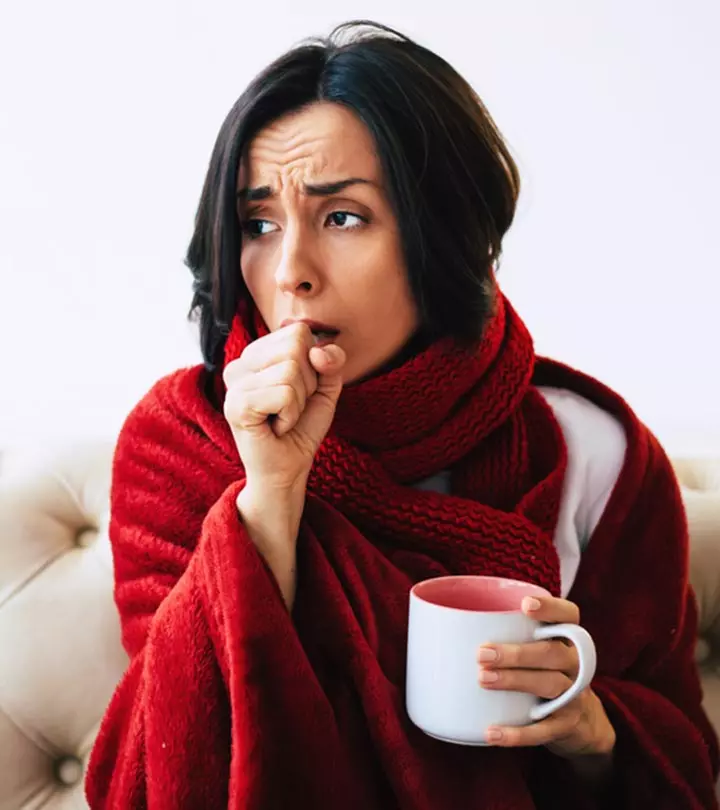

Community Experiences
Join the conversation and become a part of our empowering community! Share your stories, experiences, and insights to connect with other beauty, lifestyle, and health enthusiasts.